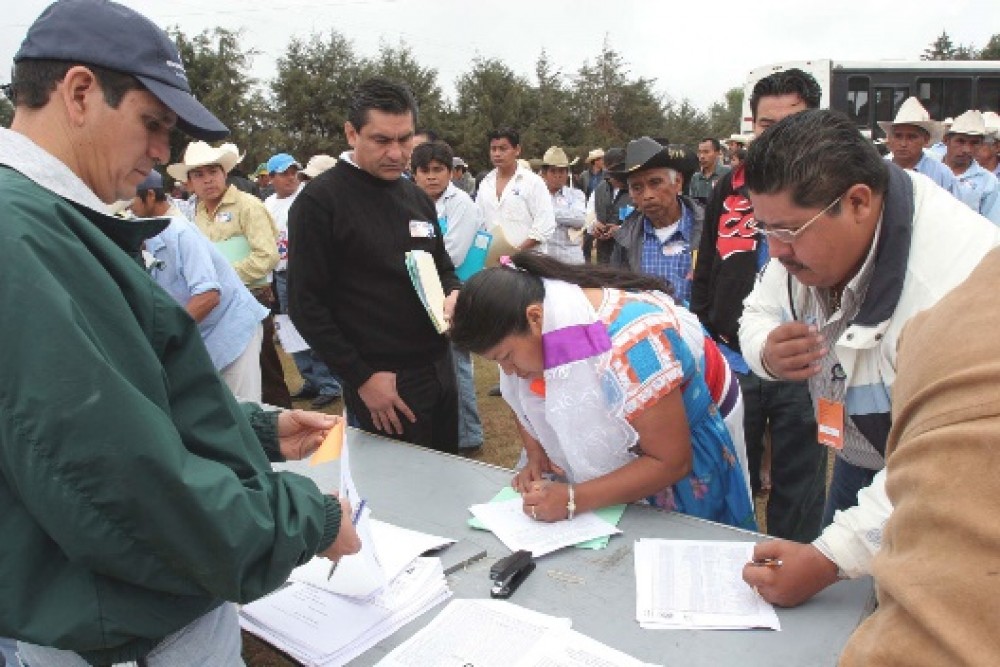Comunidad campesina de la finca La María –Hato Frío
La comunidad campesina de la finca La María – Hato Frío, dentro de iniciativas organizativas campesinas de los años 60, llevó a cabo tomas de tierras acaparadas por el latifundio. Como consecuencia de la presión ejercida sobre la tierra, las familias de la comunidad, luego de muchos años, fueron adjudicatarias de un predio en común y proindiviso, a partir de procesos de compras estatales de tierra



